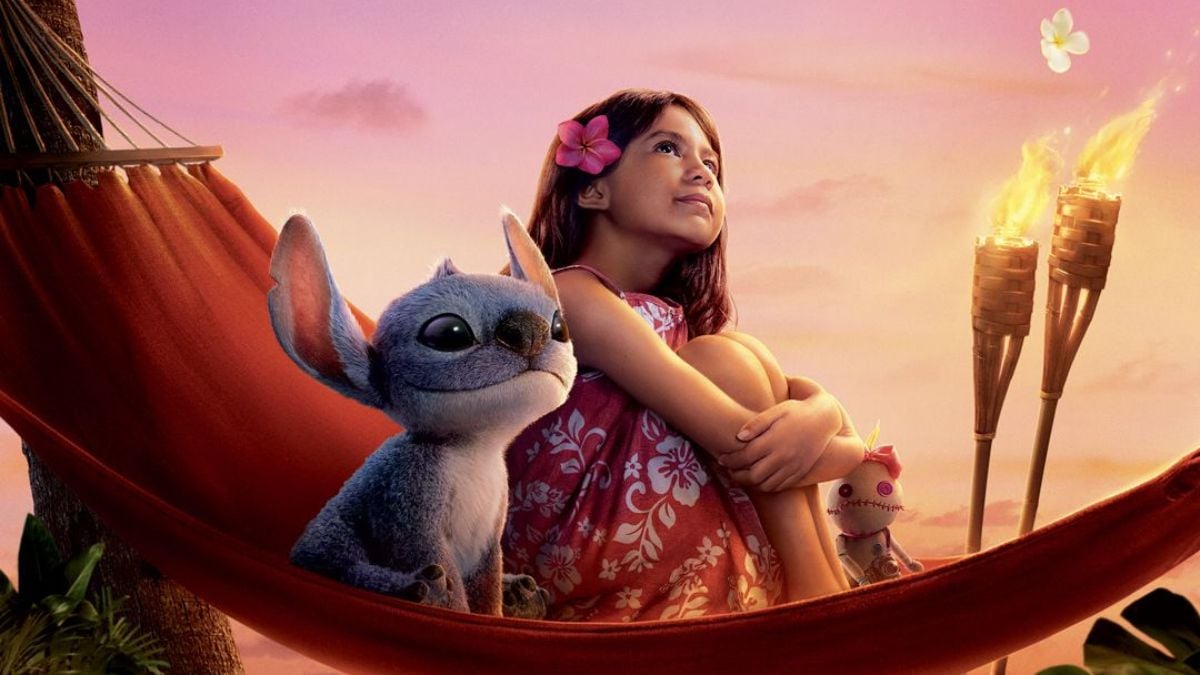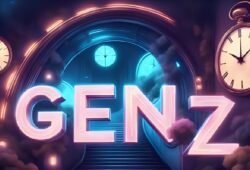
The return of Lilo & Stitch (2025) in its live-action version has not only sparked enormous commercial interest and a merchandising boom, but has also generated an unexpected and profound emotional phenomenon on social media. Psychologists, therapists, and content creators specializing in mental health have begun to share reflections that go beyond nostalgia, addressing the psychological background of the story Disney first told in 2002.
On platforms like Instagram and TikTok, viral posts dissect Lilo’s emotions, Stitch’s traumas, and family dynamics that, as children, we might not have understood. Lilo & Stitch goes beyond the story of the friendship between a girl and an adorable but destructive alien: it’s an emotional lesson that touched thousands without them even realizing it.
ALSO READ. Which Lilo and Stitch character are you based on your zodiac sign?
Why does Lilo & Stitch strike such deep chords?
Many content creators, especially young psychologists, have pointed out that one of Lilo & Stitch’s greatest achievements is bringing complex issues like grief, abandonment, family dysfunction, and mental health into the spotlight, disguised as adventures and cuteness.
“Stitch doesn’t know how to love without hurting,” say viral posts explaining how the character acts out of fear of abandonment, while Lilo channels her pain, caused by the death of her parents, through behaviors that adults often misinterpret as tantrums. In reality, these are emotional manifestations of childhood grief.
These analyses, now flooding TikTok and psychology accounts on Instagram, agree that many behaviors seen in the movie can be interpreted as responses to unresolved wounds. The relationship between the characters is built from trauma, but also from resilience.
What mental health lessons does Lilo teach us?
Among the most notable messages identified by experts are:
- Grief doesn’t always look like sadness. Lilo isn’t spoiled; she’s a grieving child. Her rebelliousness is a desperate plea to be seen and understood.
- Not everyone knows how to connect through healthy love. Stitch represents that part of us so afraid of losing that it prefers to sabotage rather than allow itself to be loved.
- Caring is also something you learn. Nani, only 19 years old, takes on a maternal role amidst her own pain, showing how demanding adulthood can be when it comes too soon.
- Chosen family matters too. Modern psychology emphasizes the importance of surrounding ourselves with people we choose, not necessarily those bound by blood. Lilo and Stitch chose each other amidst chaos but built a home and learned together.
Why does Generation Z relate so much?
Many young adults and teenagers who grew up watching the movie are now rediscovering its meaning from a new perspective. Social networks have become spaces for collective healing, and Lilo & Stitch is the perfect mirror to address childhood wounds, the need to belong, and the power of empathy.
The phrase “ohana means family, and family never leaves you or forgets you” has become an emotional mantra.
An Emotional Phenomenon Beyond Marketing
The release of the live-action Lilo & Stitch in 2025 came with an aggressive and highly creative marketing strategy from Disney. Collectible popcorn buckets, collaborations with brands like Pandora, Miniso, and H&M, and an animatronic Stitch greeting audiences in theaters created an immersive experience.
But what was unexpected was that, alongside the commercial frenzy, a wave of emotional introspection emerged. This is where the strength of the original story comes in: a tale that, without the need for princesses or castles, reminded us that emotional wounds can also be embraced.
Stitch, a creature designed for destruction, ends up teaching us how to love. And Lilo, a misunderstood little girl, shows us that some pains can only be healed through presence. The conversation is no longer just about the premiere or the most coveted popcorn buckets. Today, we are also talking about what the story helped us see within ourselves.
And You? What Did You Learn from Lilo & Stitch?
This live-action wasn’t just a space adventure with Hawaiian music and Elvis Presley in the background. For many, it was a first encounter with complex emotions. And today, thanks to the voices of psychologists and therapists joining the digital conversation, we are allowing ourselves to feel, heal, and understand.
Because as Lilo said: “Ohana means family… and family means nobody gets left behind or forgotten.” Even if that family starts with two broken beings, learning to care for each other from scratch.










